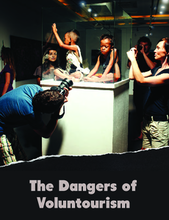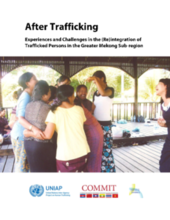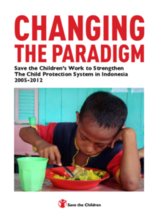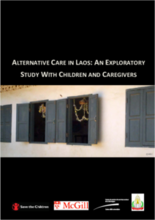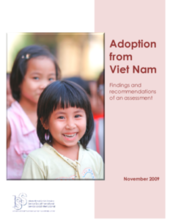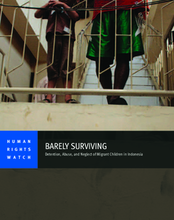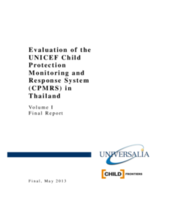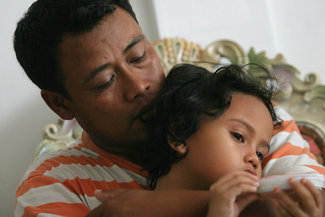

Displaying 611 - 620 of 752
In this article for Prism Magazine, a publication of Evangelicals for Social Action, the authors ask challenging questions about the role of 'orphanage tourism', where Westerners visit or volunteer to work at a residential care center (orphanage) in the developing world, whether the trip is arranged by a tour or travel company, a nonprofit, or by a church.
This study, coordinated by the United Nations Inter-agency Project on Human Trafficking, draws findings from in-depth interviews with 252 trafficked persons about their experiences of (re)integration, including successes and challenges, as well as future plans and aspirations.
This report documents the work conducted by Save the Children in collaboration with the Indonesian Ministry of Social Affairs over a period of 7 years to strengthen the national child protection system and change the underlying paradigm for that system away from over-reliance on residential care and towards child and family centered responses.
This report summarizes the findings of a study on parental and alternative childcare in Luang Prabang and Xayabury provinces in Northern Lao People’s Democratic Republic.
In his blog post, Harold Goodwin explains how learning about the unintended negative impacts of orphanage volunteering and how the decision was made to remove orphanage volunteering trips from responsibletravel.com’ offerings.
The main aims of this assessment were to identify and address problems in both the domestic and intercountry adoption processes, with a view to assisting Viet Nam in its preparations to accede to the 1993 Hague Convention on Intercountry Adoption (THC-93); and to review the new draft law on adoption, and propose any amendments that may appear necessary to ensure compliance with international standards and good practice.
While many migrants and asylum-seeking children may try to reach Australia, they often spend months or years caught in Indonesia.
Illuminating many of the observations and conclusions from the UNICEF State of the World’s Children report on children with disabilities, the New Straits Times has published an article on the state of children with disabilities in Vietnam.
This revised report presents findings from an evaluation of the Child Protection Monitoring and Response System (CPMRS) in Thailand for the period 2006-2012.
In this opinion piece, Daniela Papi writes about her personal experience as an international volunteer and how she came to realize the potential detrimental effects her volunteer work had on the communities with whom she worked.

